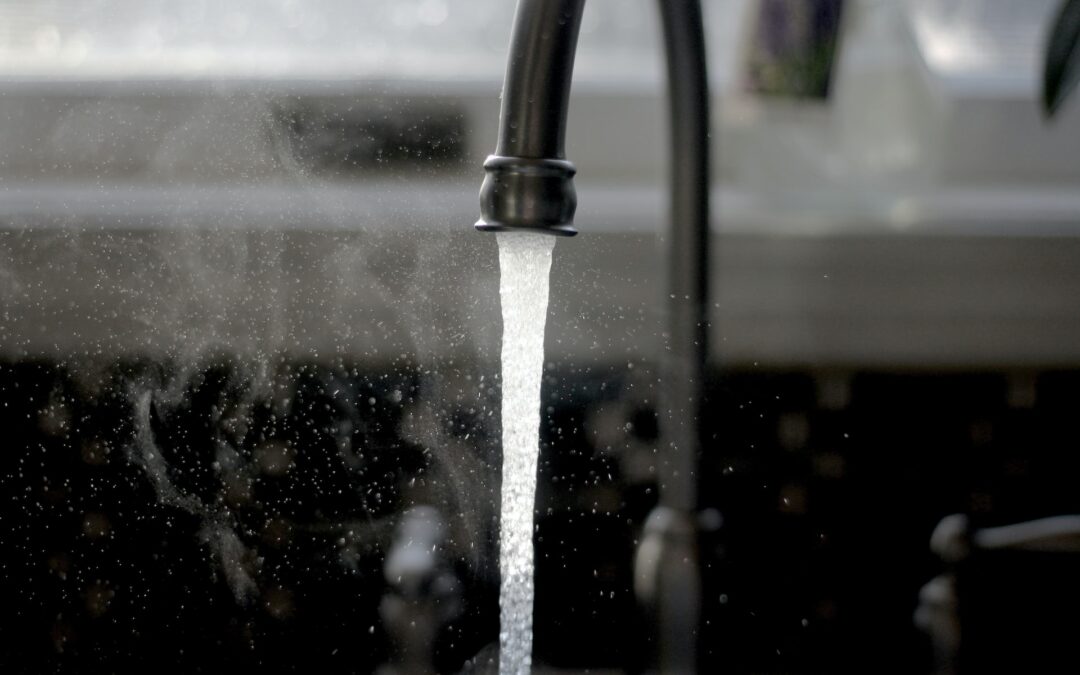In our increasingly environmentally conscious world, concerns about the presence of unwanted chemicals in our food, soil, air, and water have never been more prominent. According to the Environmental Performance Index, a collaborative effort between Yale and Columbia universities that evaluates countries based on various environmental criteria, the United States ranks 26th globally in the quality of sanitation and drinking water. This heightened awareness of water quality is evident in the staggering annual sales of bottled water in the U.S., which exceed 12 billion gallons.
Water Filters
Water filters predominantly target kitchen sink usage. In most U.S. households, drinking water is sourced from treated municipal supplies, generally considered safe for consumption but often tainted by unpleasant tastes and odors resulting from chemicals like chlorine used for disinfection.
Water filters operate by removing unwanted impurities from water, creating a physical barrier to block or trap debris. The speed of water flow depends on the size of gaps in the filter’s barrier or membrane. A finer filter with smaller gaps will yield a slower water flow.
Whole-house water filters represent a comprehensive water treatment solution. Installed where the main water line enters your home, these systems ensure that water from every faucet, showerhead, and even your washing machine is clean and filtered. Whole-house water filters come in various types, including water softeners, ultraviolet purification systems, sediment filters, carbon filters, and acid neutralizers.
You may require a whole-house water filter if your home’s water supply contains troublesome contaminants or is generally of poor quality. They are particularly common with well water, which serves as the primary water source for over 43 million people, approximately 15 percent of the U.S. population.
Each whole-house water filter is designed to address specific water quality issues, ensuring not just safe drinking water but also clean water for cooking, bathing, and cleaning.
Water Purifiers
Water purifiers perform a similar role to water filters by removing impurities. However, purifiers go a step further by eliminating biological contaminants and minerals from the water. Purification methods include:
- Reverse Osmosis: This process forces water particles through a tiny semi-permeable membrane, screening out particles too large to pass through. While effective at removing impurities, it also eliminates minerals, including beneficial ones. Consider purchasing a reverse osmosis system with a remineralizer.
- Distillation: Water is boiled, and the steam is condensed, collected, and purified. This method is particularly effective at removing impurities.
- UV Treatment: Water is exposed to ultraviolet light, which kills living organisms, including viruses. However, this method only targets microorganisms and should be used in conjunction with a traditional water filter to remove sediment.
In conclusion, choosing between a water purifier and a water filter depends on your specific water quality needs and the contaminants present in your water source. Both options serve vital roles in ensuring safe and clean drinking water. To learn more about water quality and plumbing, visit https://socalplumbers.com/. If you found this article informative and wish to receive future updates from SoCal Plumbers, please sign up at https://socalplumbers.com/email-signup/.


